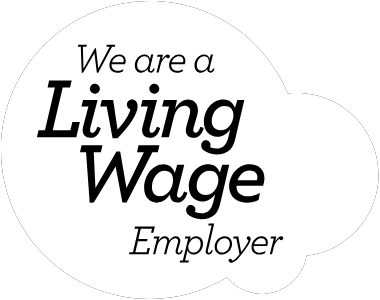The impact of the Netflix drama Adolescence continues to be felt this week, with the BBC reporting that Prime Minister, Sir Keir Starmer hosted a discussion at Downing Street for children’s charities in the presence of the show’s writer, Jack Thorne. Sir Keir was quoted as saying ‘It’s a cultural issue, and therefore we’re going to have to look more broadly, work as a society on this, and discuss it.”
Which is exactly what we were doing at Anthropy last week on our Wilful Group panel, Breaking the Doomscroll for Positive Change. We were privileged to have input from leading academic researcher, Dr. Amrit Kaur Purba from the Digital Mental Health Group, MRC Brain Sciences Unit, University of Cambridge, alongside presenter, journalist, writer, musician and mental health advocate, the BBC’s Kamilah McInnis. Their views were complemented by those of Sarah Gordon, formerly of the FT, now Visiting Professor at the LSE’s Grantham Institute where she leads a project on mobilising private capital for socioeconomic and environmental priorities and digital innovator and entrepreneur Jim Morrison, whose Nourish news platform is designed to provide a less anxiety-inducing alternative to the narrow news and social media diet served up online by mainstream media companies.
Key takeaways from the discussion:
- It feels as though we are in the middle of a mental health epidemic among young people who are spending the equivalent of a part-time job’s number of hours a week looking at content that is often ‘digital sugar’. Like ultra-processed food this content is addictive by design, leaves you feeling unsatisfied and is detrimental to wellbeing.
- The flip side to this, we learned that when it comes to dopamine release from social media use – there is some evidence but it’s not causal or concrete, which in layman’s terms means it hasn’t yet been scientifically proven.
- Researchers urgently need more data – platform and content companies won’t provide it, so users need to donate it, especially young people. Bookmark the Smart Data Donation Service now to get involved.
- Independent research is fundamental to thoughtful policy making. This is important to avoid unintended consequences for vulnerable young people for whom social media is a lifeline and who could feel cut off if a blanket ban was enforced here in the UK as in Australia.
- New sources of research funding are needed to supplement Government grants, particularly if we want to look at the effects of social media on sub-groups such as neurodiverse young people.
- Media companies and advertisers need to do more – self-regulation isn’t working so they need to be held to account.
- Young people don’t listen to their parents when it comes to reducing their time online and being mindful about content.
- Researchers from Harvard University have worked with social media influencers to improve the factual accuracy and availability of mental health content.
- We need more celebrities and sportspeople to help get the message across. We need to think carefully about which channels to use so that we don’t inadvertently add to the screentime problem.
We are all deeply concerned about our young people but it’s not only them that loses hours after falling down a clickbait rabbit hole – adults also suffer from poor mental health when they consume a bad digital diet. This subject genie is now very much out of its bottle thanks to the creative talents of the writer, producers and actors behind Adolescence. It’s a powerful example of storytelling for change that has ignited a national conversation.







